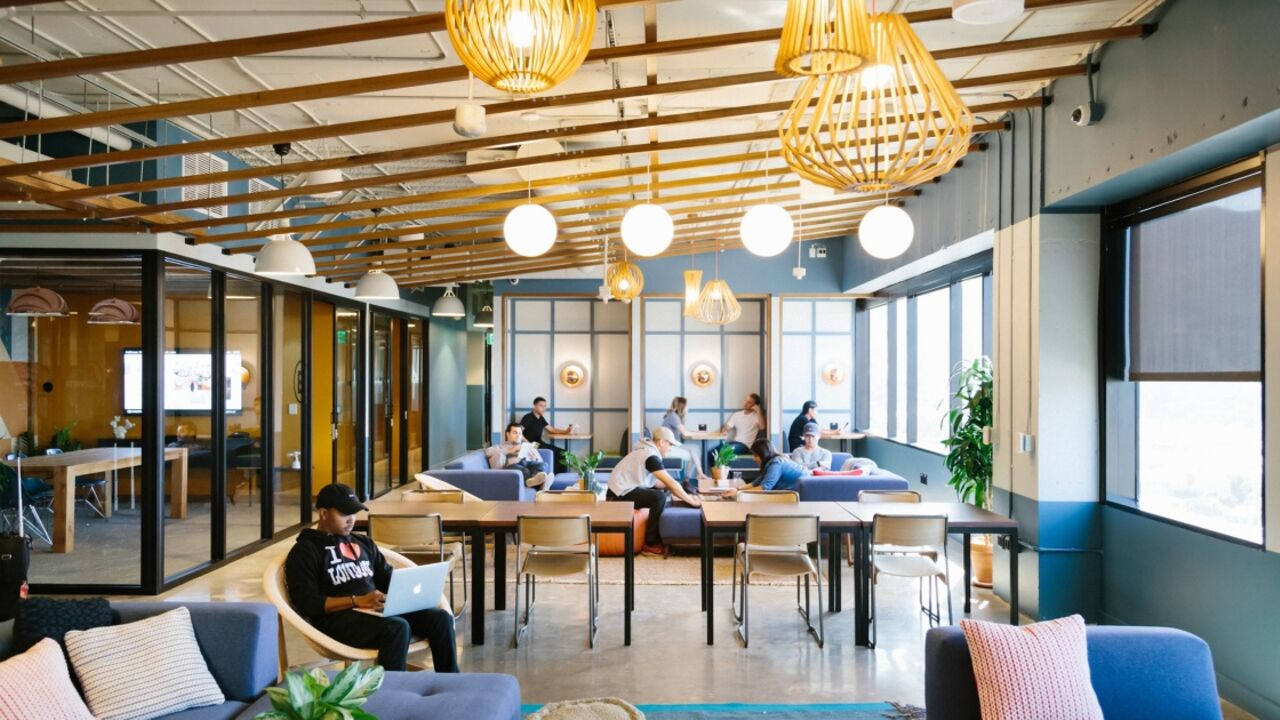Life expectancy is growing at its fastest rate since the 1960s, indicating that there is a role for employers to create healthy, flexible work environments that can support a long life.
The typical stages of life include education, work, then retirement, which may have made sense for previous generations who entered the workforce in their late-teens, retired in their 60s and possibly died at around 70. Now that 20-year-olds have a 50% chance of living to 100, this could mean a strenuous 50-year work life for younger generations.
One education period at the beginning of your life likely will not sustain a career this long. Additionally, retirement has grown from five years to around 20, which requires massive financial savings while working. Moreso, working traditional 9-5 hours for 50 years can have a negative impact on the health and well being of workers.
To adapt to these changes, experts are suggesting a multi-stage life where people are encouraged to take time out of the workplace to diversify their skills and life experiences.
Going forward, HR departments should support a healthy work-life balance to prevent burnout, as well as offer a chance for employees to explore other skills to keep up with technological advancements.
These changes will likely lead to an increased demand for flexible working as the workforce starts to look for a multi-staged approach to their careers and lives.

 Dr. Gleb Tsipursky – The Office Whisperer
Dr. Gleb Tsipursky – The Office Whisperer Cat Johnson – Coworking Marketing Maven
Cat Johnson – Coworking Marketing Maven Angela Howard – Culture Expert
Angela Howard – Culture Expert Drew Jones – Design & Innovation
Drew Jones – Design & Innovation Andrea Pirrotti-Dranchak – Competitive Advantage
Andrea Pirrotti-Dranchak – Competitive Advantage Jonathan Price – CRE & Flex Expert
Jonathan Price – CRE & Flex Expert Jeremy Fennema – Tech Innovation Alchemist
Jeremy Fennema – Tech Innovation Alchemist







